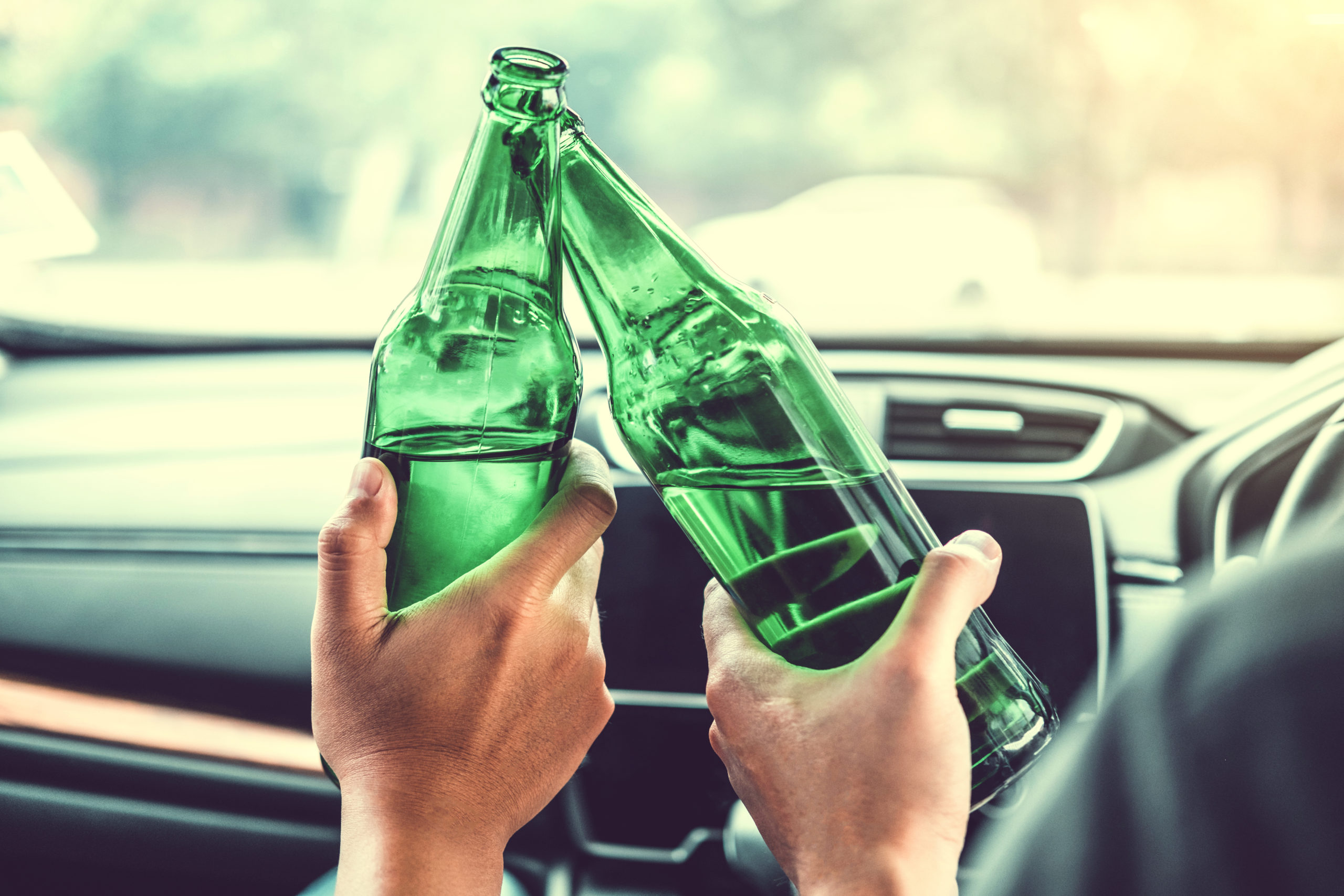Have you ever wondered whether you can face serious penalties if your passenger is drinking but you aren’t? Regardless of whether you are drinking, you can face significant penalties if your passenger is drinking. This is because of New Jersey’s open container laws. Motorists are prohibited from possessing unsealed containers of alcohol while they are in a vehicle. The definition of possession can confuse this sense as possession means that there is an open or unsealed alcoholic beverage somewhere inside the vehicle accessible to the motorist. Although an open container is not a misdemeanor or felony offense, the penalties are still severe. In the unfortunate event that you have violated New Jersey’s open container laws, contact an experienced Bergen County Traffic Violations Attorney who can help represent your interests and defend your rights in court. In addition, please continue reading to learn about the potential penalties for having an open container in your vehicle in New Jersey.
What are the potential penalties for an open container in New Jersey?
In New Jersey, it is illegal to have an open container in your possession while in a vehicle. It is a common misconception that having an open container means the alcoholic beverage needs to be in an individual hand or the cup holder. However, in reality, having an open container means there is an open or unsealed alcoholic beverage somewhere in the vehicle besides the trunk which makes it accessible. Nevertheless, if the vehicle does not have a trunk it must be kept behind the furthest seat in the vehicle. In addition, an open or unsealed container refers to when the original seal that has kept the container closed has been broken. If an alcohol bottle is empty or almost empty it is considered an open container if it is not stored in the trunk. It is important to note that open or unsealed alcohol must be stored in the trunk at all times to avoid open container charges.
Furthermore, the penalty for a first-offense open container is a $200 fine. Typically, a first offense does not result in points on your license. The penalties for a second offense are a $250 fine and potential 10 days of community service. To many, these penalties may not seem significant, however, an open container conviction can follow you for a long time. In addition, violating open container laws is not a criminal offense it is considered a traffic violation. This means it will appear on your driving record. It can negatively affect your auto insurance rates as it causes the price to increase significantly.
Ultimately, regardless of whether an individual is impaired, they will face serious penalties for having an open container in their vehicle. If you have violated New Jersey’s open container laws, please don’t hesitate to reach out to one of our adept attorneys. Allow our firm to defend your rights today.
